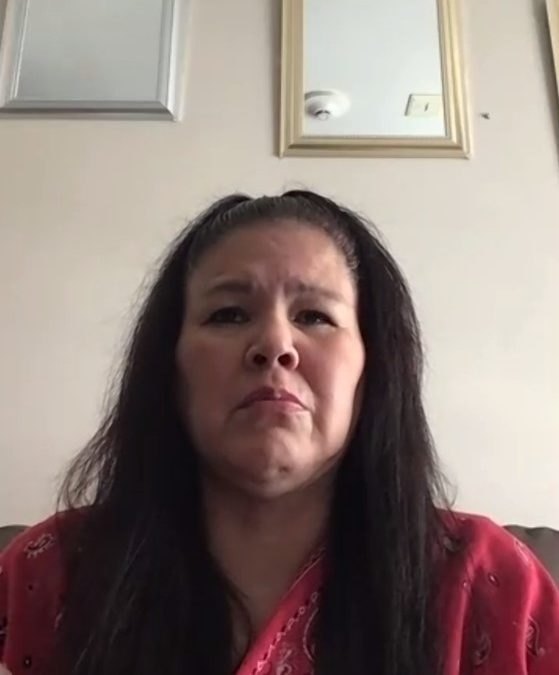By: Marc Lalonde, Local Journalism Initiative Reporter
The national vice-chief of the Congress of Aboriginal Peoples says he is confident the media will be allowed in to cover the bail hearing of a pair of Indigenous sisters seeking exoneration for a 1994 murder conviction that they have long asserted was a miscarriage of justice.
“Oh, definitely. It’s a 31-year-old case. I don’t think the government of Saskatchewan has a legal leg to stand on here,” said CAP vice-chief Kim Beaudin. “I’m confident the media will be allowed in. There’s no way the media will be shut out of this one.”
The hearing – originally slated to be a bail hearing, but now a hearing to decide whether or not to subject proceedings to a publication ban — is expected to run today and tomorrow in Saskatchewan.
In 1993, 70-year-old farmer Anthony Joseph Dolff picked up Odelia and Nerissa Quewezance — then aged 20 and 18, respectively — from their home on Keeseekoose First Nation in Saskatchewan and took them to his nearby home in the area of Kamsack, about 230 km northeast of Regina.
They were accompanied by the women’s cousin, who was 14.
Dolff propositioned the women after a night of drinking, which led to a confrontation with the cousin. Dolff was stabbed, strangled with a phone cord and had a television thrown on his head. He died at the scene.
The cousin has admitted many times to killing Kolff, including during the ensuing trial, and to journalists.
But all three were convicted of second-degree murder in 1994. The sisters received life sentences. Odelia is now living in a halfway house in Winnipeg, while Nerissa is still incarcerated in B.C.’s Fraser Valley.
The cousin, a minor at the time, served four years in a juvenile facility.
Beaudin said he believes the sisters were wrongfully convicted at the hands of a Saskatchewan justice system that has historically been hard on Indigenous people.
Last summer, federal justice minister David Lametti opened a review of the sisters’ case.
“The biggest obstacle is the Saskatchewan provincial government. They need to step up to the plate. They don’t want to admit their wrongdoing and they don’t want to admit they have mistreated Indigenous people,” Beaudin said.
The vice-chief added he thinks the increased media attention to the case, coupled with the atmosphere of reconciliation at many levels of society puts the sisters in a better place, legally speaking, than they were when they were convicted.
“I believe things have changed. There is more fairness from the courts, more fairness from the justice system and more fairness from the media,” he said.
(Screenshot of Odelia Quewezance.)
